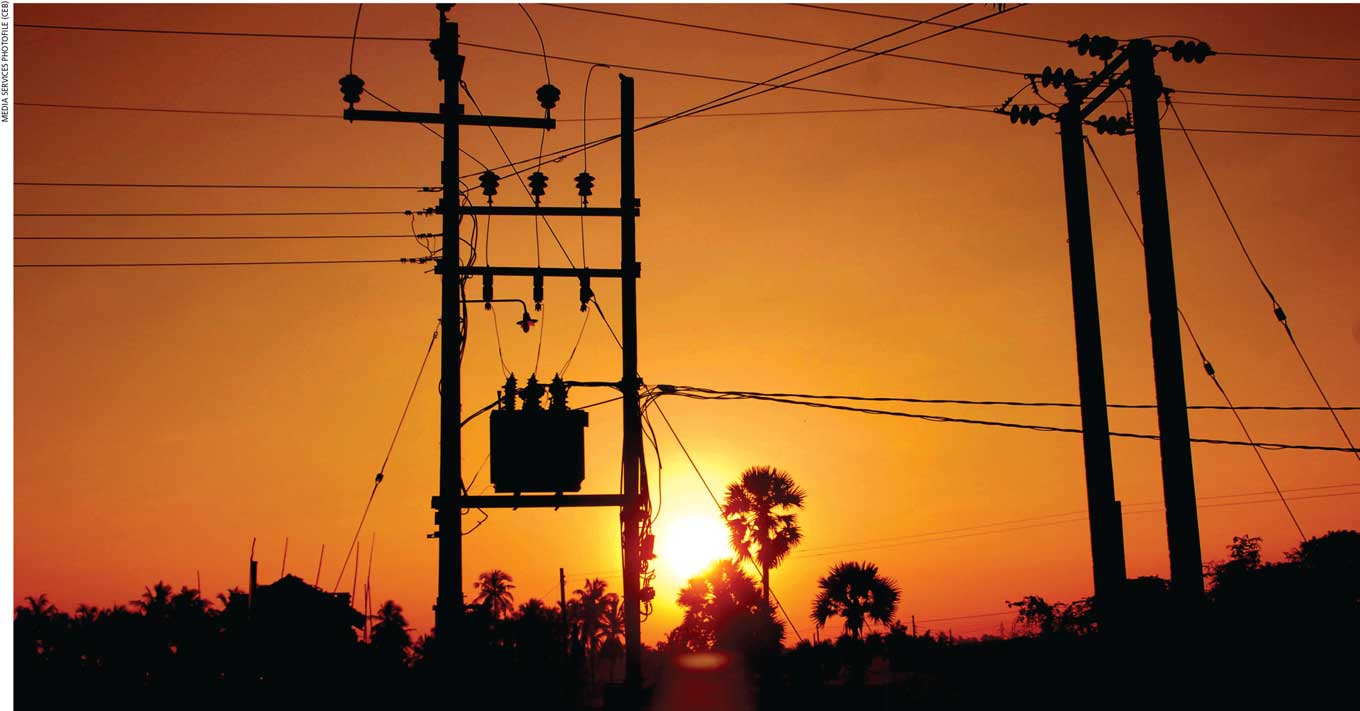STATE OF THE NATION
APRIL MAY BE THE CRUELLEST MONTH YET?
Wijith DeChickera feels there’s far more to be worried about than finding closure for the Easter Sunday bombings – although it is emblematic

A sense of déjà vu (that it has happened before) often prevails at certain times of the year. In March, Geneva’s political circus saw a cyclical focus on transitional justice – or lack of it – for Sri Lanka’s lost generations.
In April, remembrances of the 2019 Easter Sunday bombings’ dead and disfigured resurrect feelings of frustration at least, and anger at worst – at the lack of definitive findings or a closure to sundry investigations, presidential commissions of inquiry, parliamentary select committees to probe ‘4/21’ and fundamental rights cases filed in the Supreme Court – while politicians and prelates pontificate.
Whispers in church and state about ‘a grand political plot’ are unsettling, to say the least. As the poet wrote: ‘April is the cruellest month, breeding lilacs out of the dead land, mixing memory and desire, stirring dull roots with spring rain…’
While a desire for justice is nothing new for a country that has been plagued by civil wars, armed insurrections and ethnoreligious conflict – stoked by cynical politicos and madmen master manipulators – the delivery mechanisms of state and society leave something to be desired.
An island nation of people have grown dull at the mention of just deserts for cohorts of criminals, as a culture of impunity has taken root at the evil heart of the deep state.
If proof were needed that crime and punishment don’t go hand in hand, one has only to glance at the ever lengthening list of alleged miscreants in petty theft, through plunder of national resources and state property to war crimes, who are released – and sometimes have presidential pardons gran t ed to seal their enlargement.
Senior justices recusing themselves in emblematic cases reeking of state patro nage and political victimisation highlight how deep the rot goes – and how low the bar of an independent judiciary with integrity and testicular fortitude to match has fallen…
In an empire of fear, cronyism and corruption are petty kings; crooks and charlatans are dukes and duchesses; and chauvinism – ethnic, linguistic, cultural or gender-based – is as common as a joker or thief.
Speaking of which, the sacking of a brace of surprisingly dissident cabinet ministers recently had the polity scratching its head in puzzlement. Was this a case of authoritarianism dismissing deviators from cabinet responsibility; rats deserting the sinking ship of state; or more subterfuge, whereby our elected ‘magicians’ hoodwink their electorates with political sleight of hand… or a sorry mix of all of these?
The expressed inability of other stalwart politicos to support a crumbling government, which simply means they’ve served themselves long enough to benefit (or not) from serious mistakes made and unconscionable administrations propped up by real politik – barely floating a state that’s creaking at the seams – should send alarm signals to those on high…
But the powers that be have sailed on blithely, governing by gazette (reversals) and flyby- night policies. And despite a crescendo of dissent and criticism from virtually all quarters of late, they have remained blissfully silent (being tone-deaf perhaps or unable to face the music?) and tightlipped about ‘whence cometh salvation for a people sore oppressed’!
The plight of the nation is distressingly obvious. There is hardly a need to note how long the queues for diesel and petrol were recently; or that the lifeblood of the nation – from fuel and forex to fertiliser – is in short supply.
And even the patience of an unusually resilient island race is ebbing with the flow of a flood of misfortunes (read, ‘poor management of paltry resources and pathetic policy decisions disguised as salvific messiahship’).
The fuel crisis being called a conspiracy by a ‘national saviour’ who should know better is a clear sign that our body politic faces unprecedented decrepitude. It seems democracy has descended from a barely tolerable familial oligarchy into kleptocracy (rule by thieves) and even kakistocracy.
The latter, ‘a government under the control of the nation’s worst or least qualified citizens,’ was plain enough in the recently constituted Economic Council – not a single economist on it but several contenders for being economical with the truth!
Let’s be reasonable? There’s a significant impact on oil prices from a world on the brink of intercontinental (possibly nuclear) war if NATO adopts Ukraine into its family with mother bear Russia on the rampage. And shocking hikes of prices at the pump reflect more realistically the cost of energy, which Sri Lanka has subsidised for aeons.
But is it viable to continue subsidising the top 30 percent of households that consume the lion’s share of fuel resources while those in lower socioeconomic brackets struggle with public transport, firewood stoves and kerosene lamps?
The rich – from substantially profitable banks to businesses declaring bumper dividends backed by soaring profits, to motorists with multiple Mercedes-Benzes and BMWs in their stables (let’s not even mention that Maybach or sundry V8s and assorted SUVs deployed by a cashstrapped state) – must feel the pinch, take the cut and tighten their belts together with the rest of us.
It would be cruel and callous not to do so – to say nothing of adding the insult of political suicide to the injury of national disaster.




